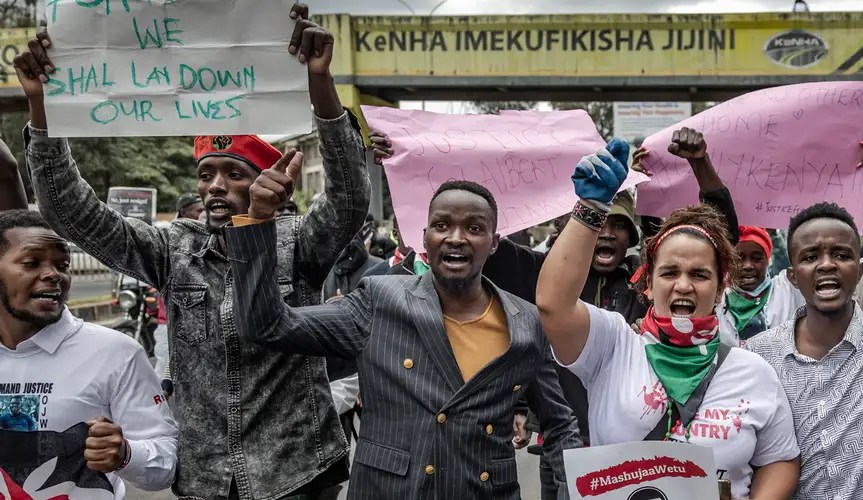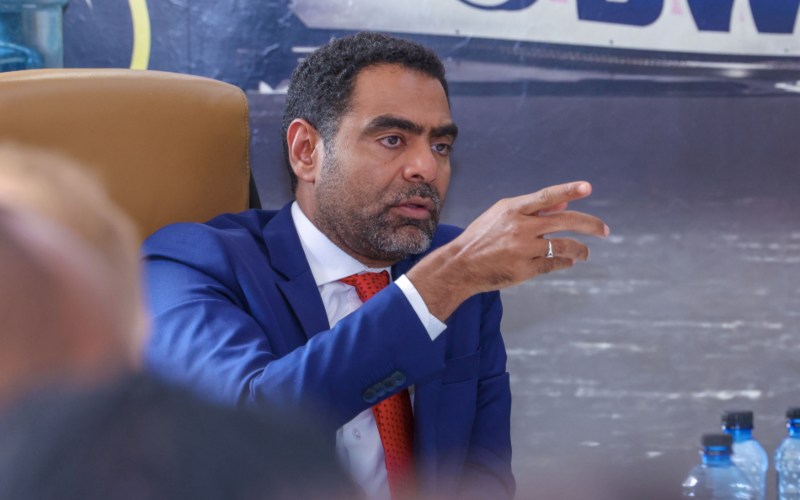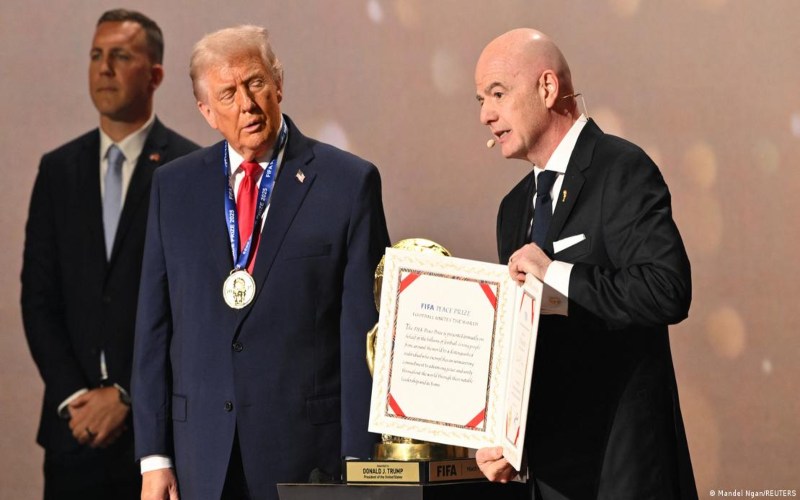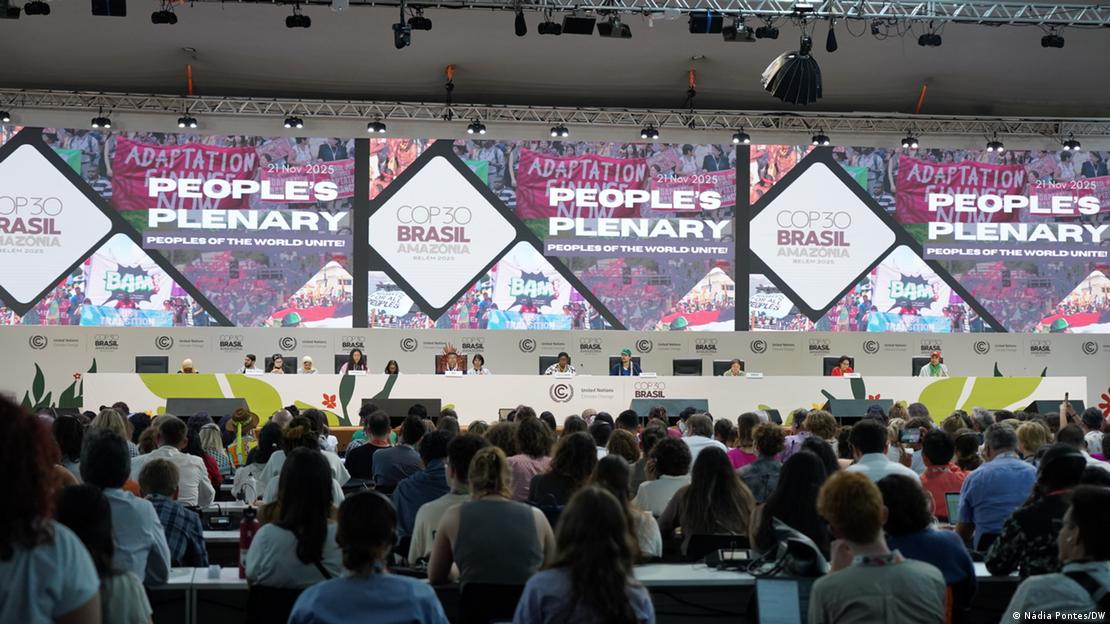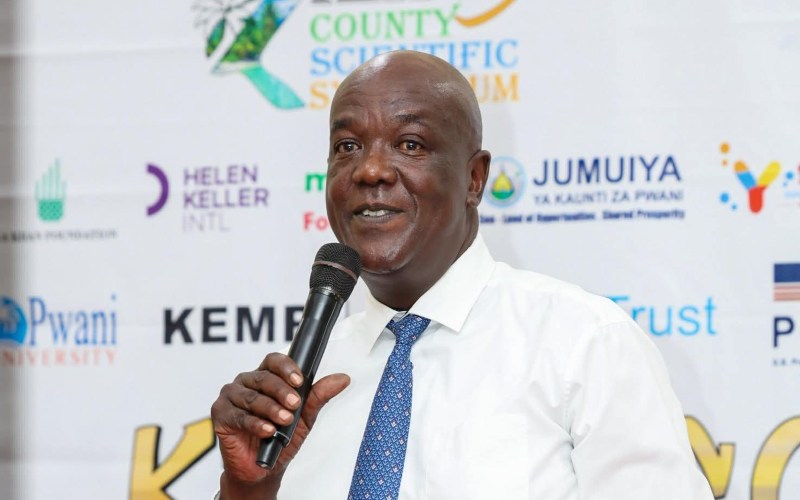President Ruto rejects Bill to regulate religious activities
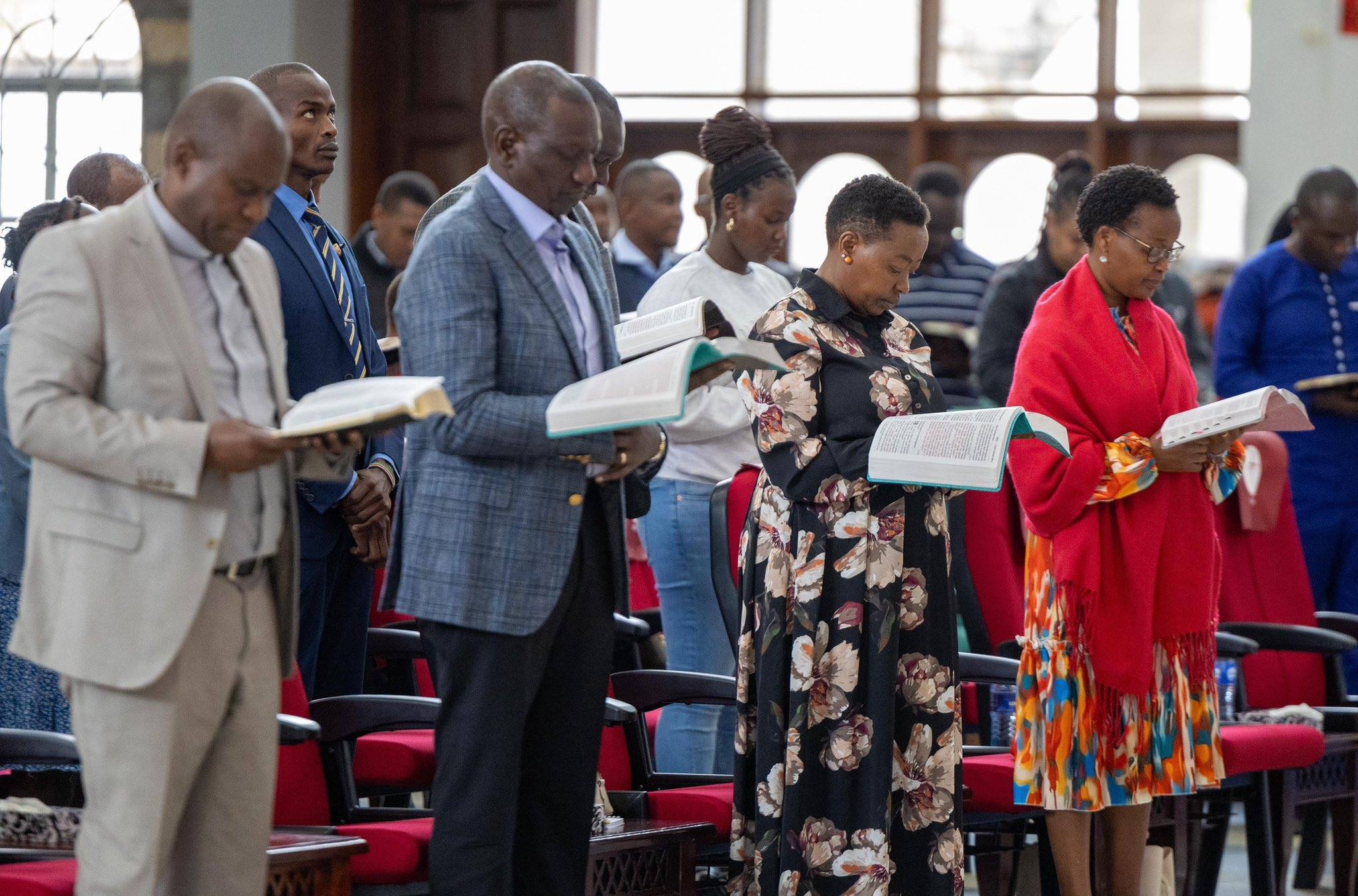
The Bill, proposed by Tana River Senator Danson Mungatana sought to compel churches to pay taxes on income, gifts, or profits generated from lawful activities.
President William Ruto has opposed the Religious Organizations Bill 2024, which sought to regulate religious activities across the country.
The Bill, proposed by Tana River Senator Danson Mungatana sought to compel churches to pay taxes on income, gifts, or profits generated from lawful activities. According to the bill, the revenues would not be exempt from taxation unless entirely allocated to charitable causes.
More To Read
- Faith groups warn Religious Bill violates church-state separation
- Religious leaders reject state bid to regulate faith-based groups, cite threat to worship freedom
- Petition seeks legal framework to regulate theological colleges in Kenya
- Cabinet okays sweeping religious reforms amid fears of ‘Shakahola Two’ cult resurgence
- How religious extremism in Kenya reflects delayed reforms and weak law enforcement
- Mungatana withdraws Bill seeking to regulate churches citing need for consensus
However, speaking on Sunday at the AIC Milimani, Nairobi, during a church service, Ruto said the government will not impose regulations on religious activities noting that the Constitution guarantees freedom of worship.
"We will make sure that we protect the freedom of worship in Kenya. We will defend the right and the freedom of worship in Kenya and it will not be compromised in whichever manner,” he said.
According to the President, the proposals that are being made “out there” about the regulation of religious outfits are ill-advised.
He said religious leaders will be responsible for establishing their own guidelines.
"I want to remind those who are pursuing that kind of exercise that the constitution is very explicit on the freedom of worship and there will be no limitation whatsoever on the freedom of worship in Kenya,” Ruto said.
The draft Religious Organisations Bill, 2024, was submitted to President William Ruto on July 30 by the Presidential Taskforce tasked with reviewing the legal and regulatory framework for religious organizations in Kenya.
The proposed legislation aims to create the Religious Affairs Commission, which will oversee religious activities in the country. Under the bill, every religious institution in Kenya will be required to submit financial returns, member registers, and other necessary documentation to the commission.
Penalties
Additionally, any religious organisation that fails to file its annual returns may face suspension for up to six months.
The bill also proposes penalties for non-compliance, including fines of up to Sh5 million or imprisonment for a maximum of three years, or both. The Bill has also called for the creation of a theological training curriculum and a code of conduct for religious leaders.
Mungatana noted that the Religious Organizations Bill 2024 aims to combat extremism and tackle the challenges posed by the rise of unregulated religious organizations in recent years.
But in Nairobi, leaders from the Pentecostal Association have firmly rejected the proposed bill, calling for its immediate withdrawal.
Pastor Habil Olembu of Arena Miracles Covenant Church said, “We demand that the church be respected. The church can thrive without the government, but the government relies on us to exist.”
Bishop John Omolo, Secretary of the Bishops Council, expressed his discontent regarding the lack of public involvement in the bill's development.
He stated, “We are insisting on proper public participation. If this hasn’t occurred, we will have to start over; otherwise, we will pursue legal action.”
Bishop Kamuri Muya, Chairperson of the Bishops Council, highlighted the necessity of including religious leaders in regulatory discussions, stating, “We are not against regulation; we simply want to be involved in crafting laws that we are comfortable with.”
Top Stories Today
